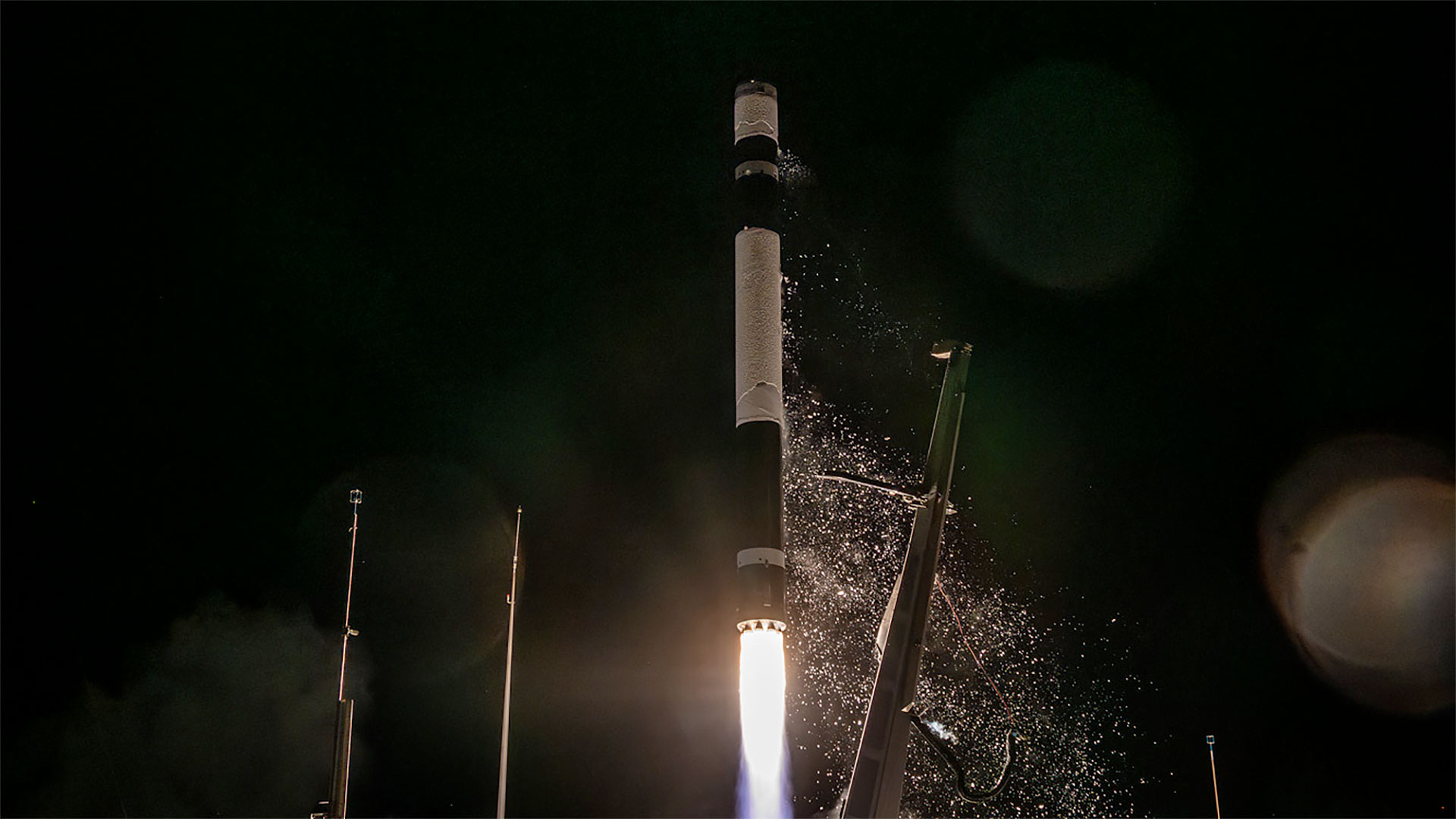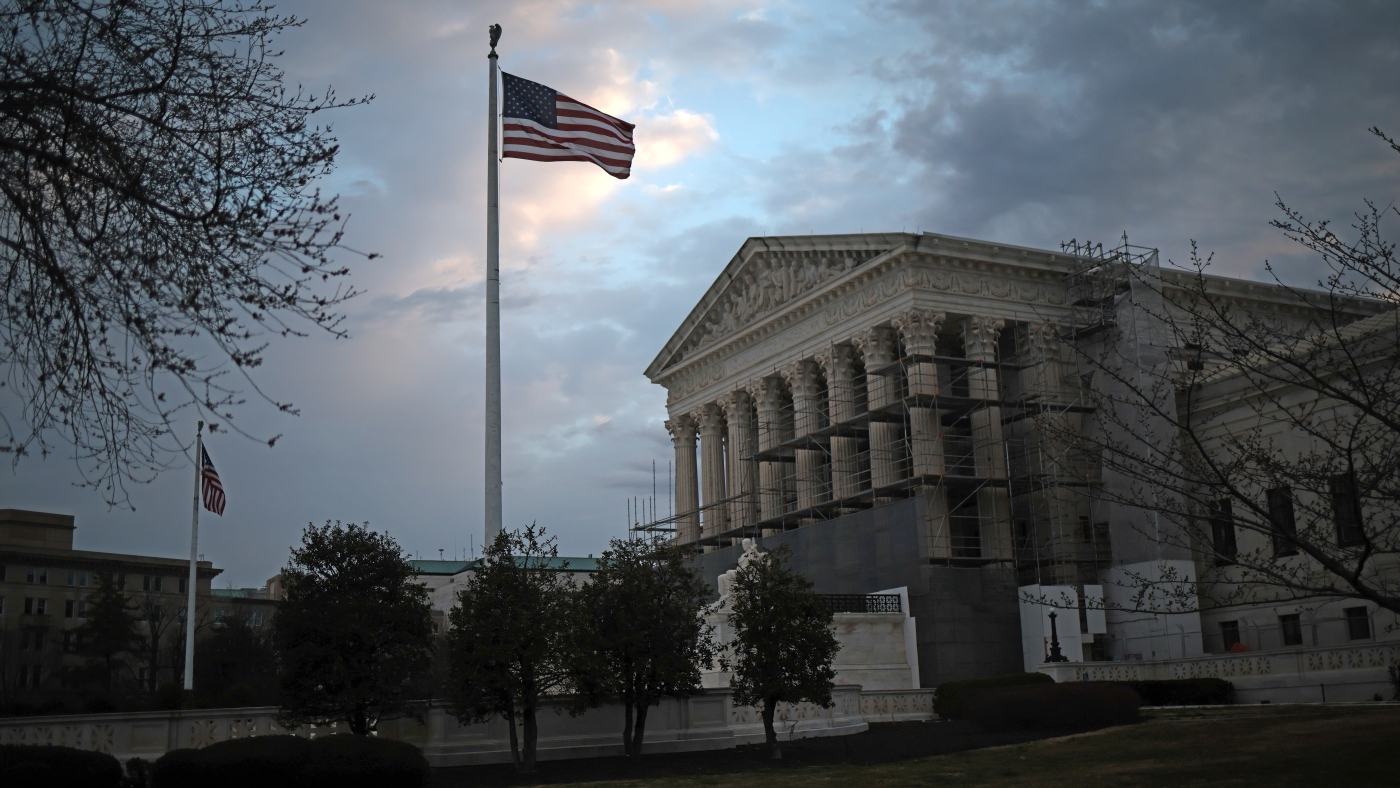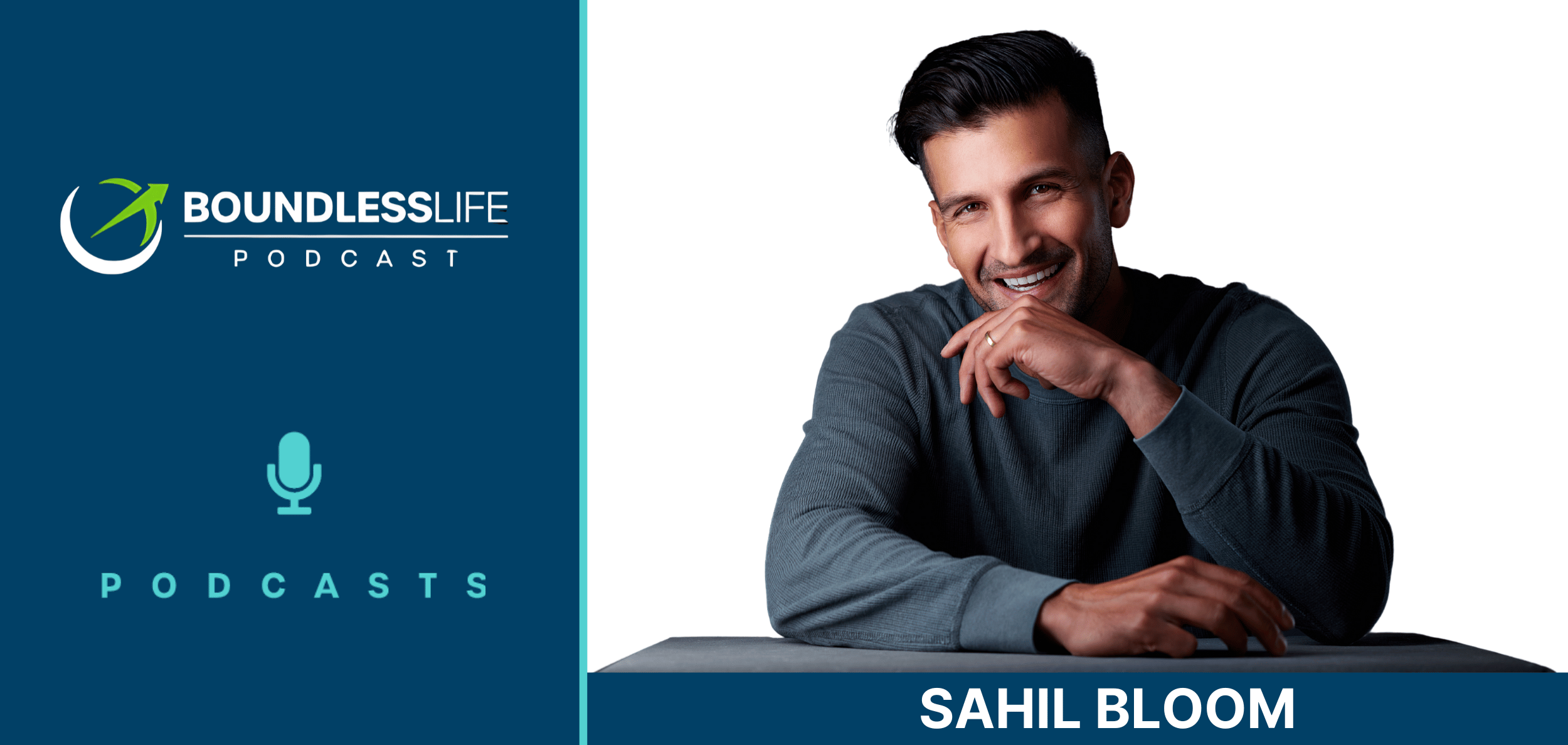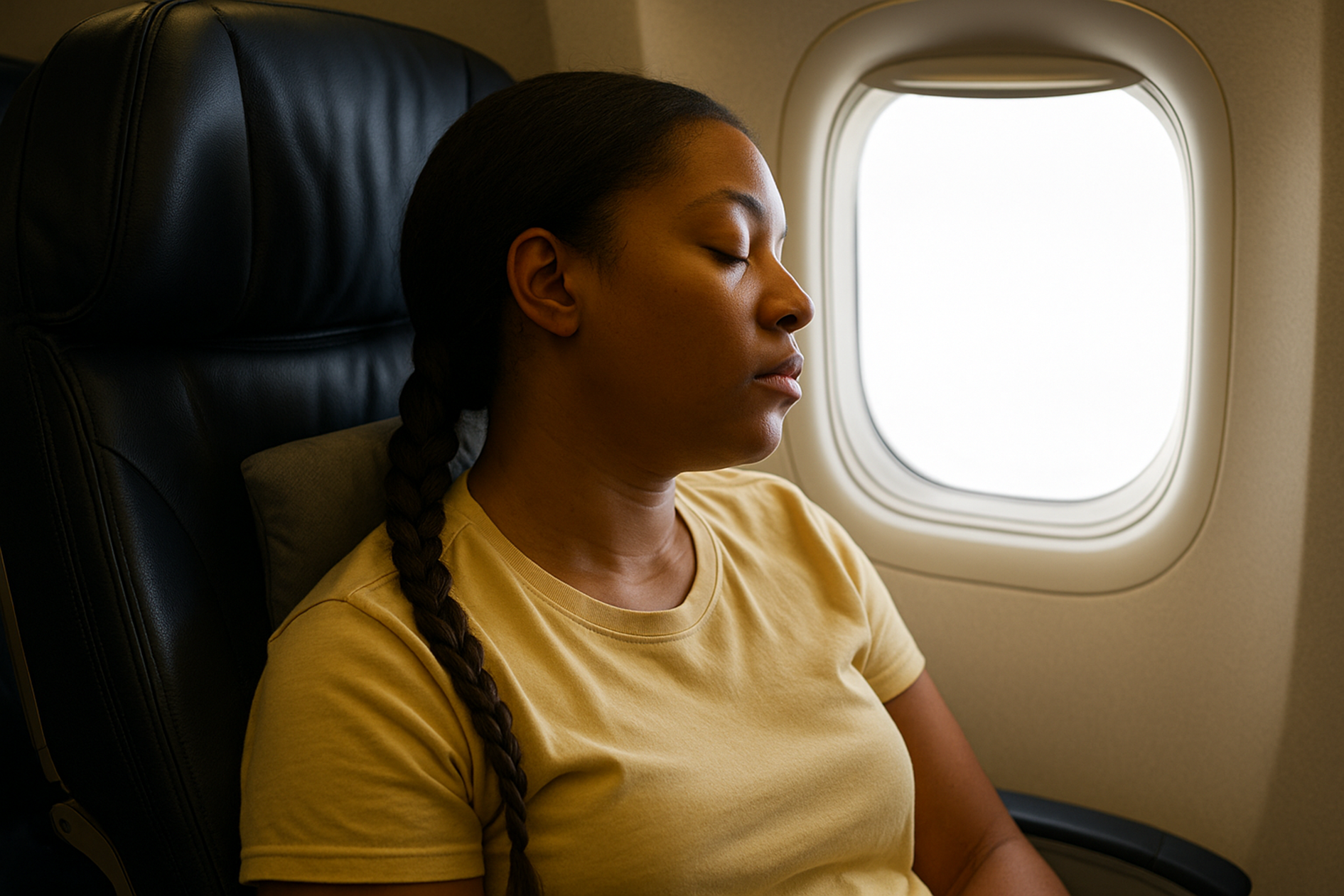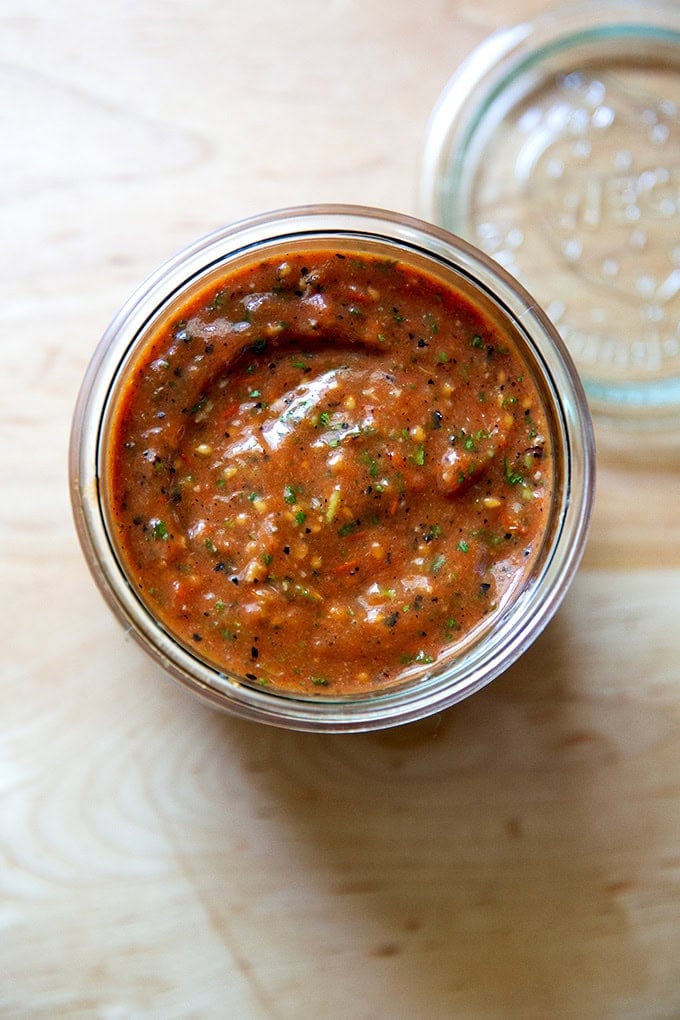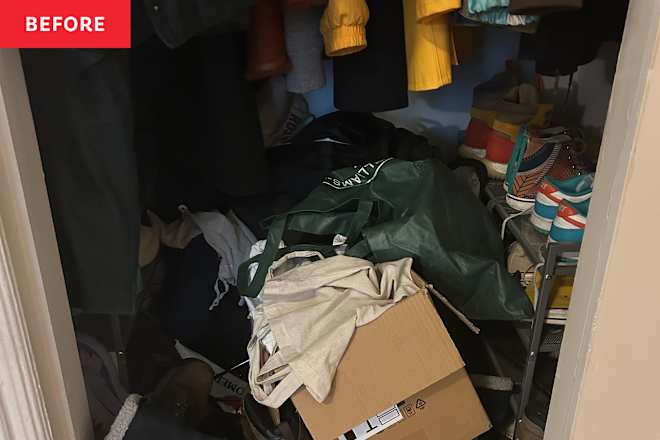The New MAGA World Order
This week’s Gulf tour revealed that Trump’s transactional foreign policy doesn’t lack values. It just has really bad ones.

Updated at 2:50 p.m. ET on May 16, 2025
Earlier this week in Saudi Arabia, President Donald Trump delivered what the White House billed as a “major address,” which is a long-standing way to signal that a particular speech is meant to lay down a historical marker communicating the president’s values. Or, in this case, the lack thereof. Trump’s message was that, unlike interventionist Americans of the past, he did not take account of democracy or human rights when dealing with foreign states. His only concern was raw American interest. The host regime, which has had strained relations with the United States over the kingdom’s lack of human rights and its 2018 dismemberment of a Washington Post columnist, no doubt welcomed the moral reprieve.
“In recent years, far too many American presidents have been afflicted with the notion that it’s our job to look into the souls of foreign leaders and use U.S. policy to dispense justice for their sins,” the president announced. “I believe it is God’s job to sit in judgment; my job, to defend America and to promote the fundamental interests of stability, prosperity, and peace.”
Trump’s declaration meant that “the United States was done nation-building and intervening,” observed The New York Times. There was “no Wilsonianism in the speech,” noted National Review’s editor in chief, Rich Lowry, who pronounced the administration’s renunciation of moral judgment the “Trump doctrine.”
[Read: A Senior White House Official Defines the Trump Doctrine: ‘We’re America, Bitch’]
Two days later in Qatar, however, Trump sounded altogether less callous. “We are gonna protect this country. It’s a very special place with a special royal family,” he said. “It’s great people, and they’re gonna be protected by the United States.” The U.S. State Department has previously criticized Qatar’s ruling monarchy for violating human rights and imprisoning journalists, but Trump had looked into their souls, and found them to be special indeed. The tone he struck sounded less like a cold-eyed businessman and more like John F. Kennedy pledging to defend West Berlin.
It appears that Trump does care about the internal character of regimes he deals with. Rather than following a foreign policy that ignores values altogether, Trump has a clear preference for values that are, in the American context, historically anomalous or—to put it in less neutral terms—bad. And he wishes to spread those values around the world.
Whatever you say about this policy, it is not amoral. The primary difference between the Trump doctrine and traditional American values promotion is that the former, rather than seeking to impose a moral world order, aspires to create an immoral one.
In his address to the Saudis, Trump condemned his predecessors for “giving you lectures on how to live and how to govern your own affairs.” It’s true that Trump does not lecture dictatorships for suppressing democracy. But his administration is hardly reticent about denouncing other countries’ internal conduct.
Earlier this year, Vice President J. D. Vance scolded Europe for allowing in too many migrants and cracking down too hard on hate speech and far-right parties. “What German democracy—what no democracy, American, German, or European—will survive is telling millions of voters that their thoughts and concerns, their aspirations, their pleas for relief are invalid or unworthy of even being considered,” he said. Trump called Ukrainian President Volodymyr Zelensky a “dictator” and proposed that he hold elections before the Russia invasion is repelled.
The administration has in fact made human rights a centerpiece of its diplomacy in one particular country: South Africa. Earlier this year, Secretary of State Marco Rubio declared that he was boycotting a G20 summit because it was held in Johannesburg. “South Africa is doing very bad things,” he wrote. “Expropriating private property. Using G20 to promote ‘solidarity, equality, & sustainability.’ In other words: DEI and climate change.” More recently, Trump has claimed: “South Africa is confiscating land, and treating certain classes of people very badly.”
If you were going to take a stand on human rights for only one country, South Africa seems like a strange choice: According to Freedom House, the country has been a “proponent of human rights” since the end of apartheid and, despite some deficits, is rated as “free.” But South Africa fits with Trump’s apparent belief, one reflected in the stream of hysterical rhetoric about the treatment of Afrikaners, that anti-white discrimination is the most pernicious ideology in the world. Trump has therefore granted refugee status to white South Africans even as he has deported other asylum seekers, including those who face prison or death.
To claim that Trump is motivated purely by values would be an exaggeration. A strong odor of corruption wafts over his international dealings, especially with allies like Qatar, which gave him a Boeing plane for his personal use.
[Read: The Darker Design Behind Trump’s $400 Million Plane]
But it’s not as if Qatar had to bribe Trump into placing the country under the American military umbrella. The U.S. has had a major air base there for a quarter century. The difference in how Trump talks about this military presence, in contrast to the resentment he regularly expresses over American bases in Europe and the Pacific, is striking. When describing American commitments to Gulf states, Trump does not insult our allies as freeloaders, or lambaste former U.S. presidents for their stupidity in giving away American protection, or demand that these countries pay what he calls “dues” to retain it.
Trump has described the Boeing aircraft not as a form of repayment he demanded, but as a magnanimous gift from Qatar out of genuine friendship. The emirate had decided “very, very nicely” that it “would like to do something” to express its appreciation. He repeatedly praised Qatar as “nice” for repaying American security guarantees worth billions of dollars with one $400 million plane that may or may not be crawling with listening devices.
Qatar’s naked bribery is not merely payment for services rendered. It serves as a signal in Trump’s mind that Qatar is one of the good guys—because it does business the Trump way, not the international-liberal-order way. Trump’s method is still to sit in judgment over foreign leaders. He simply prefers the bad ones.

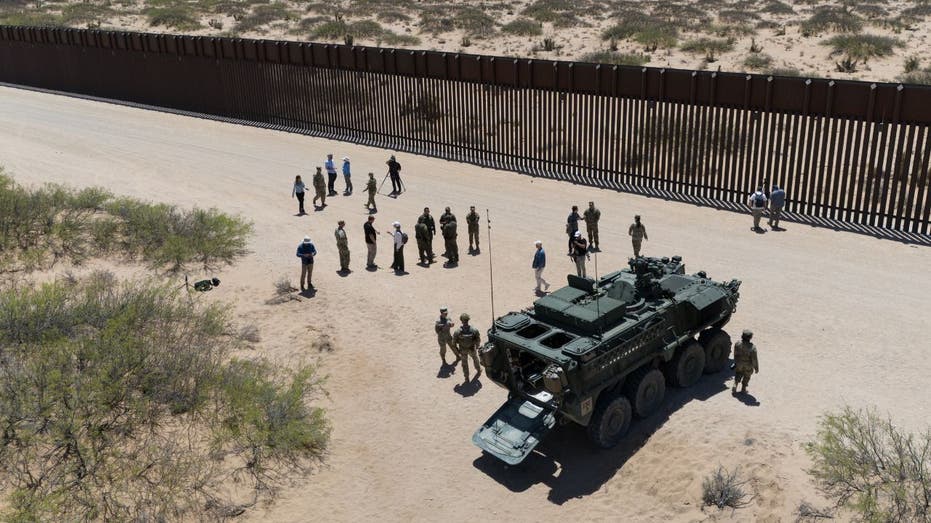








![[FREE EBOOKS] Modern Generative AI with ChatGPT and OpenAI Models, Offensive Security Using Python & Four More Best Selling Titles](https://www.javacodegeeks.com/wp-content/uploads/2012/12/jcg-logo.jpg)








.webp?#)










